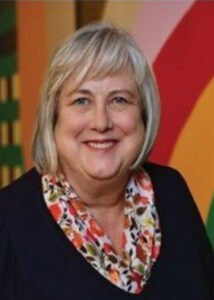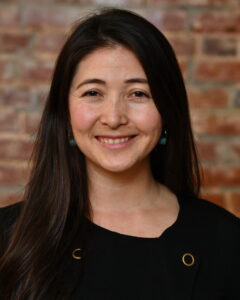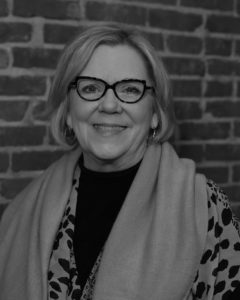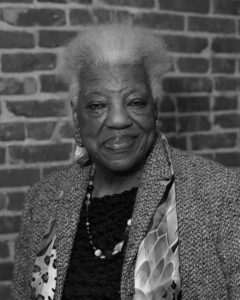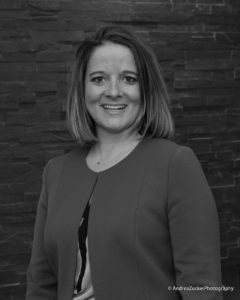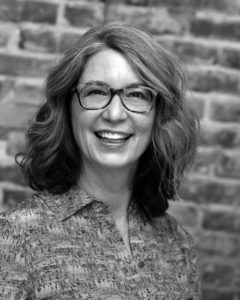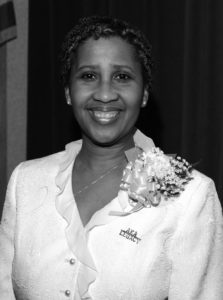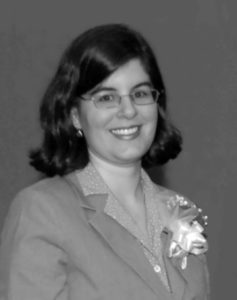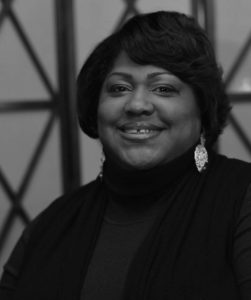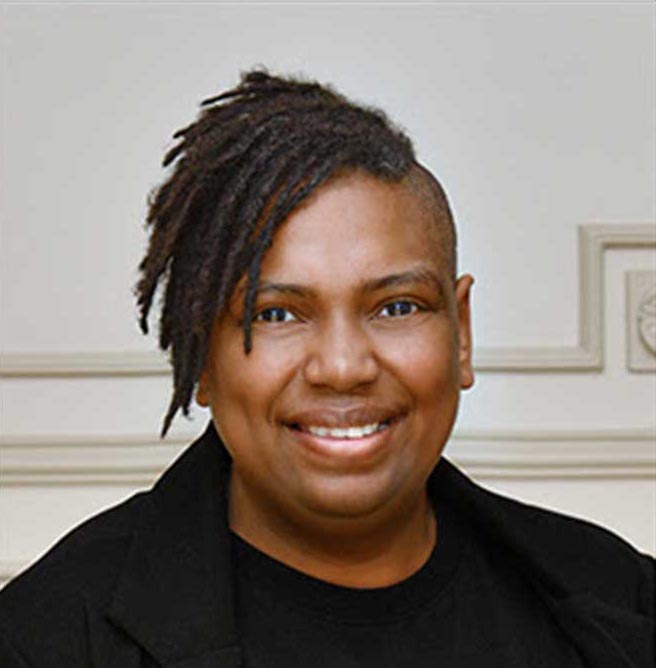
WOMEN OF ACHIEVEMENT
2024
DETERMINATION
for a woman who solved a glaring problem despite
widespread inertia, apathy or ignorance around her:
Phillis Lewis
When she was six or seven years old, Phillis Lewis saw her mother repeatedly injured by her mother’s boyfriend. Phillis was herself hurt, by the same man. That childhood trauma led Phillis, a loud and proud bi-sexual woman, to dedicate her life to helping other victims of domestic violence and started her on the path to founding Love Doesn’t Hurt, an organization that provides support and assistance to members of the LGBTQ+ community who are victims of crime and sexual violence.
In 2009 while completing a degree at the University of Memphis, Phillis interned with and was later hired by the Shelby County District Attorney’s Office to assist victims of domestic violence (DV) in working through the system, for justice and recovery.
Recovery and prevention each require many services not available from the DA’s office. Referrals are made to social service providers for help with related needs such as housing, transportation, and food.
In 2011 Phillis was assigned the case of a lesbian who was being abused by her wife. Phillis provided the victim with the resource list and was in regular contact to check progress and discuss problems. Then two weeks passed and Phillis heard nothing. She called and was appalled to discover that one of the agencies on the contact list was hostile and shaming toward the victim. Phillis wondered how many others in the LGBTQ+ community had similar experiences, with people who were supposed to provide help.
Determined to find out, on her lunchtime she began calling the listed providers and presenting herself as an LGBTQ+ victim. Phillis says 30% of the providers responded unacceptably. Phillis went to her supervisor who immediately removed those organizations from the list.
LGBTQ+ people are four times more likely to be victims of violent crime (including DV) and the abuser is often someone the victim knows well or with whom they have an intimate relationship. Phillis realized that there was no local program designed to provide support or to educate local agencies about the needs of this community. More was needed. And in 2011 Phillis came up with the idea for Love Doesn’t Hurt.
In data provided by local law enforcement she learned that in 2011 a total of 7,200 DV cases were reported. Of those only 213 were same sex relationships. The number seemed too low. She recognized the long-standing distrust of law enforcement. Furthermore, if law enforcement was called in at all, they could only report what they were told, not what they observed. Phillis wondered how to bridge this gap.
Her answer: Convene an awareness event to increase cultural sensitivity. The first event included the Memphis Center for Reproductive Health, Hope House, Out Memphis, the Shelby County Sherrif’s Office and the Memphis Police Department. It was all about building trust and Phillis worked tirelessly.
In 2019, Love Doesn’t Hurt obtained a 501-C3 to become a stand-alone agency. In 2021 Phillis took the plunge, quit her job, cashed in her retirement account and invested in educating herself about managing non-profits. She now works for Love Doesn’t Hurt, determined to dismantle hate and reduce violence while providing unwavering support and create a safe haven for victims in the LGBTQ community.
Over the years she has never wavered in her passion for this work. Energetic and enthusiastic, Phillis has led the Memphis Shelby County Domestic & Sexual Violence Council, chairs the Tennessee Coalition to End Domestic & Sexual Violence Inclusivity Committee, served as the LGBTQ+ representative for the Convening Council for the Memphis/Shelby County Homeless Consortium and is a leader in the DV task force led by the University of Memphis.
Since that first event, reporting of DV in the LGBTQ community has increased by 256%. Phillis says this is not totally because of increased violence but because of increased awareness on the part of law enforcement and social services agencies and because victims now feel they can safely report crime and seek help.
Today, March 3rd, 2024, would have been her mother’s 67th birthday. Today we honor Phillis Lewis, Gloria Fisher’s determined daughter.


